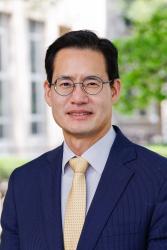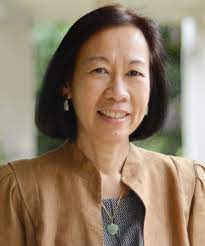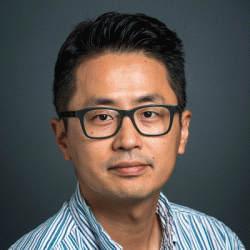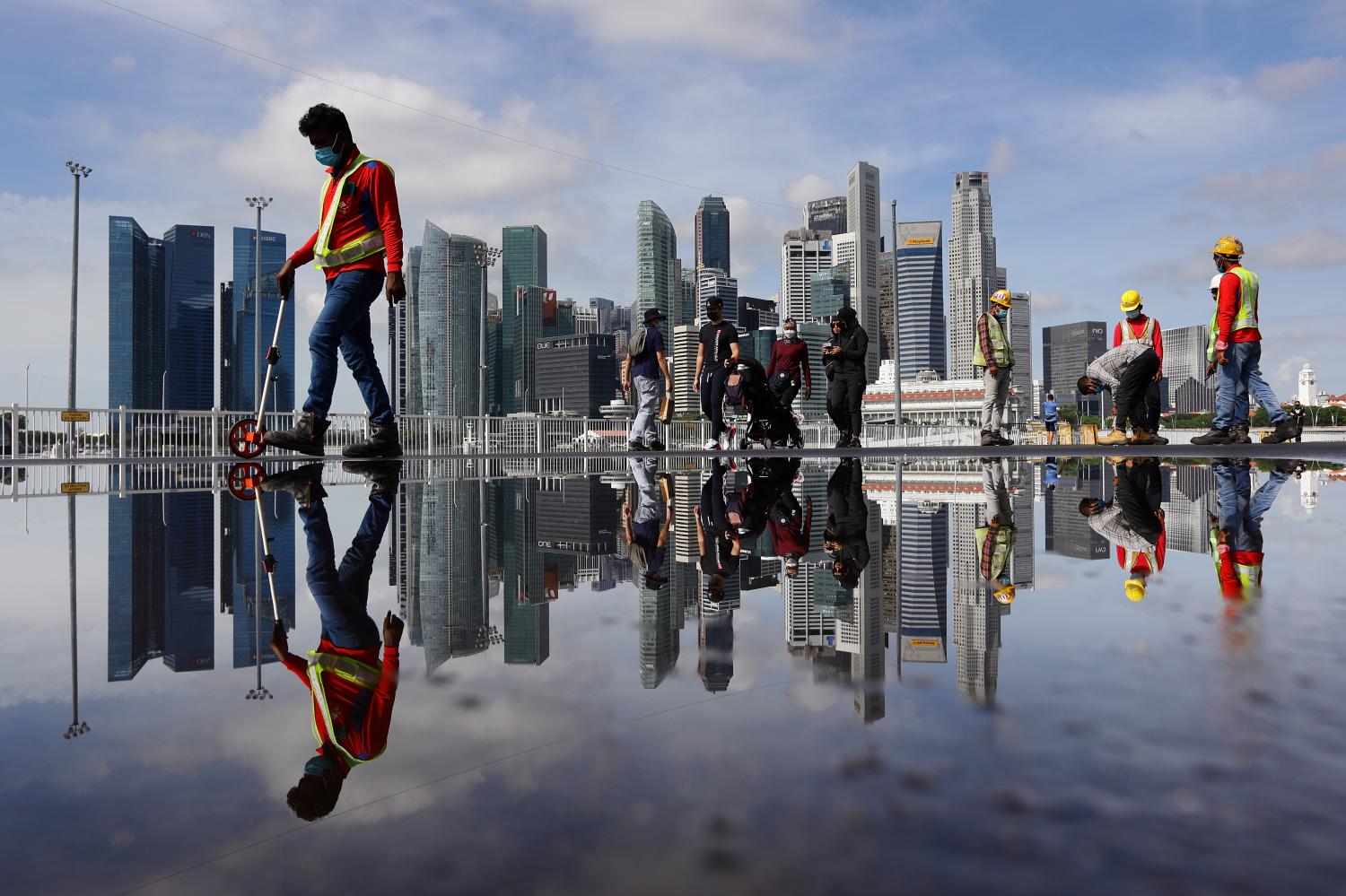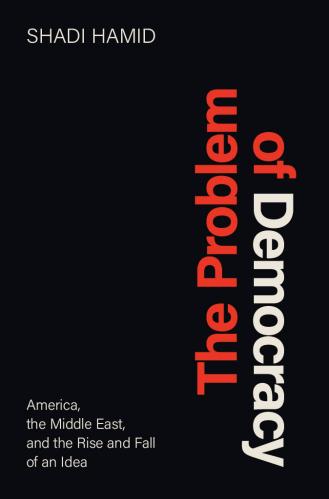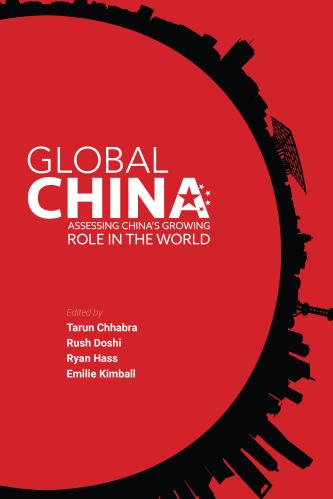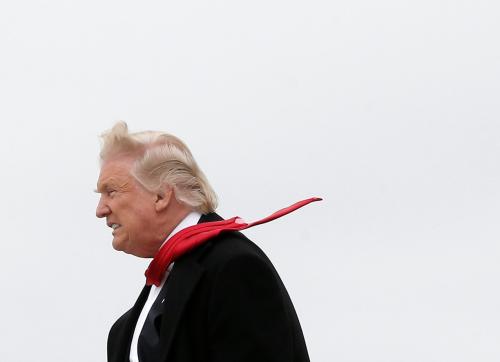Introduction
A key challenge to democracies in Asia is persistent or rising inequality. The diversity of cases in Asia — characterized by varying levels of economic and political performance — indicates, at best, a complicated relationship between inequality and democracy. To help address this issue, four scholars examine inequality and democratic governance in the Philippines, Malaysia, Singapore, and South Korea and provide a set of policy prescriptions for policymakers, civil society, and the private sector. Although there is no one-size-fits-all solution, the case studies highlight several common challenges, such as the institutionalization of past unequal practices, and policy prescriptions, such as greater political decentralization. Taken collectively, the papers provide important insights and recommendations to combat inequality, with the aim of strengthening democracies in Asia.
Background
The scholars were chiefly interested in economic inequality. However, in their assessments, they recognized other related dimensions of inequality, including limited or uneven access to education and government services, racial and ethnic inequality, and unequal access to the political process. Unsurprisingly, economic inequality is correlated with many others forms of inequality, which, in turn, limit democracy. For instance, the poor may not be able to exercise their right to vote to voice their concerns, whereas the rich may use their wealth and political connections to influence policy. Practitioners must therefore be mindful of how one form of inequality relates to other forms.
The scholars adopted a flexible understanding of democracy. However, there was greater emphasis on democratic governance given the wide variation in the quality of democracies in Asia. Procedural and normative conceptions of democracy were also considered to a lesser extent.
The Gini coefficients measuring inequality in the four countries ranged from 0.3 on the lower end to 0.5 on the higher end of the spectrum. Ordered from the highest to lowest degree of inequality are the Philippines (0.48), Malaysia (0.43), Singapore (0.40), and South Korea (0.31).1 The Philippines and Malaysia are considered middle-income countries, and South Korea and Singapore are categorized as high-income countries. Even in a wealthy, highly democratic and low inequality society such as South Korea’s, perceptions of inequality can still linger, as depicted in popular Korean dramas and movies such as “Squid Games,” “Sky Castle,” and “Parasite.”
Challenges and recommendations
Despite wide economic and political variation among the four countries, several common challenges and policy recommendations were identified.
- Inequality is only loosely associated with weaker democracies. A loose correlation between inequality and reduced political freedoms (as measured by Freedom House index scores) can be identified when comparing the four countries. However, the fact that some nondemocracies in Asia are characterized by lower economic inequality (in other words, countries with low Gini coefficients) but limited political freedom, such as Cambodia, Myanmar, and Pakistan, indicates that there is no direct, linear relationship between inequality and democracy. Targeting inequality alone will therefore not necessarily improve democratic quality, as other variables such as corruption or racism also correlate with inequality and democracy.
- The problems of inequality and democratic decline are linked to deeper historical legacies and path dependent processes. For example, the dominance of political family dynasties (as seen in the Philippines) contributes to political inequality and corruption. And deep-rooted economic policies favoring particular ethnicities (as seen in Malaysia), as well as programs that single out specific demographic groups (as found in Singapore), lead to the marginalization and social stigmatism of targeted groups, which further contributes to inequality. Policies, both in their design and implementation, should therefore aim to not only fight inequality, but also gradually change public attitudes toward social welfare policies. Principles of universalism that contribute to normalizing access to public services are thus welcome.
- COVID-19 has exacerbated inequality in Asia, but it also provides a window of opportunity. The pandemic may have widened the gap between the rich and poor in Asian countries. However, governments could use the crisis to shift policy in a direction that helps alleviate rising inequality. For instance, in South Korea, the government could use its surplus fiscal capacity to support those small-business owners hit hardest by the pandemic. In the Philippines, additional revenue from a “wealth tax” applied to those at the highest income bracket could help cover the large cost of tackling the COVID-19 pandemic.
- Decentralization offers a means of addressing economic and political inequality. Three of the four papers advocate devolving political and economic processes from the national level to the regional and local levels. The rationale for decentralization may differ in each country, but it commonly helps to redistribute wealth and resources, enhance local political participation, and empower marginalized regions and populations.
- Improved data analysis and greater data transparency could help policymakers better understand and address problems of inequality and democracy. For example, further disaggregation of Bumiputera groups in Malaysian government statistics reveals disparities between peninsula Malays and other ethnic groups. Data disaggregation can help “refine categories and targets so that policy benefits reach the especially vulnerable segments.” The systemic collection of high-quality international data that can be easily compared, as well as increased data access for independent researchers, could help offer new insights and provide additional scrutiny of government policies. For instance, in Singapore, inequality indicators “should be calculated using all household income sources instead of work income only, as is current practice.”
Case study summaries
Philippines
Raising the issue of inequality has been a major political challenge in the Philippines. Filipino politicians regularly mention poverty and corruption, but as Teresa S. Encarnacion Tadem notes, they rarely address class inequality and its effect on democracy, even though inequality in the country ranks among the highest in Asia. Tackling inequality would mean shedding an uncomfortable spotlight on political family dynasties and their dominance in Philippine political and economic life — a core factor perpetuating inequality and democratic weakness.
To address the interrelated issues of inequality, corruption, and democracy, Tadem points to national and local efforts at decentralization. In particular, she reflects on the 1991 Local Government Code (LGC), a major decentralization policy that “sought to address inequality and empower people to take part in the decision-making process of their respective local government units.” In the spirit of the LGC, Tadem offers several remedies to address regional and class inequality. In the short term, the Philippine government could strengthen socioeconomic policies and nationwide social protection programs, such as the Universal Health Care Act and the Pantawid Pamilyang Pilipino Program (more popularly known as the conditional cash transfer program) and “push for national programs that encourage popular participation.” In the longer term, Tadem advocates passing an anti-dynasty bill and levying higher taxes on the wealthy to help cover the large cost of addressing the COVID-19 pandemic.
Malaysia
In Malaysia, the relationship between inequality and democracy is also complicated and exacerbated by additional factors. As Meredith L. Weiss argues, “the tight interweaving of political stratification, racial identity, and economic interest in Malaysia” makes reducing inequality an “elusive target.” More specifically, the special status accrued to ethnic Malays and other indigenous communities vis-à-vis other groups (in other words, ethnic Chinese) has “rendered Malay political rights issues inseparable from economic issues.” And these issues have been made more acute by the COVID-19 pandemic.
Malaysia has made rapid economic progress in the past two decades. Its gross domestic product per capita nearly tripled during this period (excluding the 9% decline attributed to the pandemic), and its absolute poverty declined. Inequality has also steadily improved. However, other data point to more limited economic success. For instance, Weiss notes that “60% of the top 1% by income were Chinese and 33% were Bumiputera” in 2014. Although laws favoring the Bumiputera are unlikely to change, inequality can still be addressed by “prioritizing redistributive policies that benefit the many over the already-privileged few, and optimizing transparency and accountability in policy implementation and evaluation.” As a quick and immediate step, “given sharp disparities between peninsular Malays and other Bumiputera,” Weiss suggests disaggregating the Bumiputera in government statistics “to help refine categories and targets.” This step will help ensure that policy benefits reach the most vulnerable populations. In the longer term, institutional decentralization and the devolution of policy authority and fiscal resources could give those in more peripheral areas a greater voice, thereby enhancing democratic inclusivity.
Singapore
Singapore remains an outlier. As Kok-Hoe Ng states, the country has an “enviable economic track record, high standards of social well-being, and a technically competent bureaucracy.” The public’s trust in government is also high. However, undemocratic practices persist, and Singapore’s pro-market approach to economic growth has resulted in greater inequality. Ng notes that “the top 1% own 32% of the wealth in the economy, while the bottom 50% own just 4%.” Although state intervention is generous in areas that encourage economic markets (for example, universal public education), welfare support for people toiling outside of these markets is minimal. Income (in)security and housing are two areas that highlight how neoliberal economics, existing political practices, and social policymaking hinder democratic growth in Singapore.
In light of these problems, Ng advocates changes in policy design, principles, and processes that could ultimately shift the mindset of Singapore’s relatively “high tolerance” for inequality. As he states, “Minor adjustments to policy design can amount to a shift in the policy paradigm if they are based on a consistent set of principles. From an equality perspective, the most important principles are espousing universalism, prioritizing needs, and normalizing access to public services.” Anti-welfare rhetoric could also be replaced with “policy rules and language that stress universal access and the importance of meeting needs.” Increased transparency would also strengthen policy accountability and efficacy. Greater access to information and the collection of high-quality, internationally comparable social and economic data for independent research and analysis could place checks on policymaking, particularly in polities such as Singapore where electoral competition remains limited.
South Korea
South Korea seems to present an ideal case in which inequality is relatively low and democratic governance and political freedoms are generally high. Moreover, somewhat contrary to popular beliefs, Byunghwan Son finds that economic inequality has not increased in recent years, nor have public perceptions of “unfairness.” However, although these and other data indicators suggest reason for optimism, a narrative of economic injustice seems to persist in popular media. If not managed carefully, Son warns of a potential democratic crisis created by perceptions of inequality, as evidenced by the importance of domestic economic issues in South Korea’s highly polarized 2022 presidential election. Most notable is the shortage in housing in and around Seoul, which reflects a deeper structural problem related to a growing wealth gap between the rich and poor.
To avoid a crisis, Son suggests maintaining, if not further improving, levels of income distribution through fiscal expansion. In the short term, more aggressive social spending is warranted given South Korea’s surplus fiscal capacity, as noted by the International Monetary Fund, and its below average spending compared to other member countries of the Organization for Economic Co-operation and Development. In particular, it would be prudent to further support those small-business owners hit hardest by the COVID-19 pandemic (and that comprise a significant portion of South Korea’s real economy). Also, instituting supply-driven housing policies could help staunch the surge in housing prices and reduce the wealth gap. In the longer term, “decentralization of the national economy, which is heavily centered around Seoul, needs to be more aggressively pursued.” Son argues that decentralization would help “ease up the asymmetric population pressure on the capital area and offer a structural solution to the wealth inequality problem.”
-
Acknowledgements and disclosures
The authors would like to thank McCall Mintzer, Adrien Chorn, and Jennifer Mason for their assistance with this project, Lori Merritt for editing, Chris Krupinski for layout, Rachel Slattery for web design, and Alexandra Dimsdale for assisting with the publication process.
-
Footnotes
- Gini coefficient scores are based on data from the World Economic Forum Inclusive Development Index. The scores provided reflect pre-COVID-19 levels. See “The Inclusive Development Index 2018: Summary and Data Highlights,” (Geneva: World Economic Forum, 2018), https://www3.weforum.org/docs/WEF_Forum_IncGrwth_2018.pdf.
The Brookings Institution is committed to quality, independence, and impact.
We are supported by a diverse array of funders. In line with our values and policies, each Brookings publication represents the sole views of its author(s).
